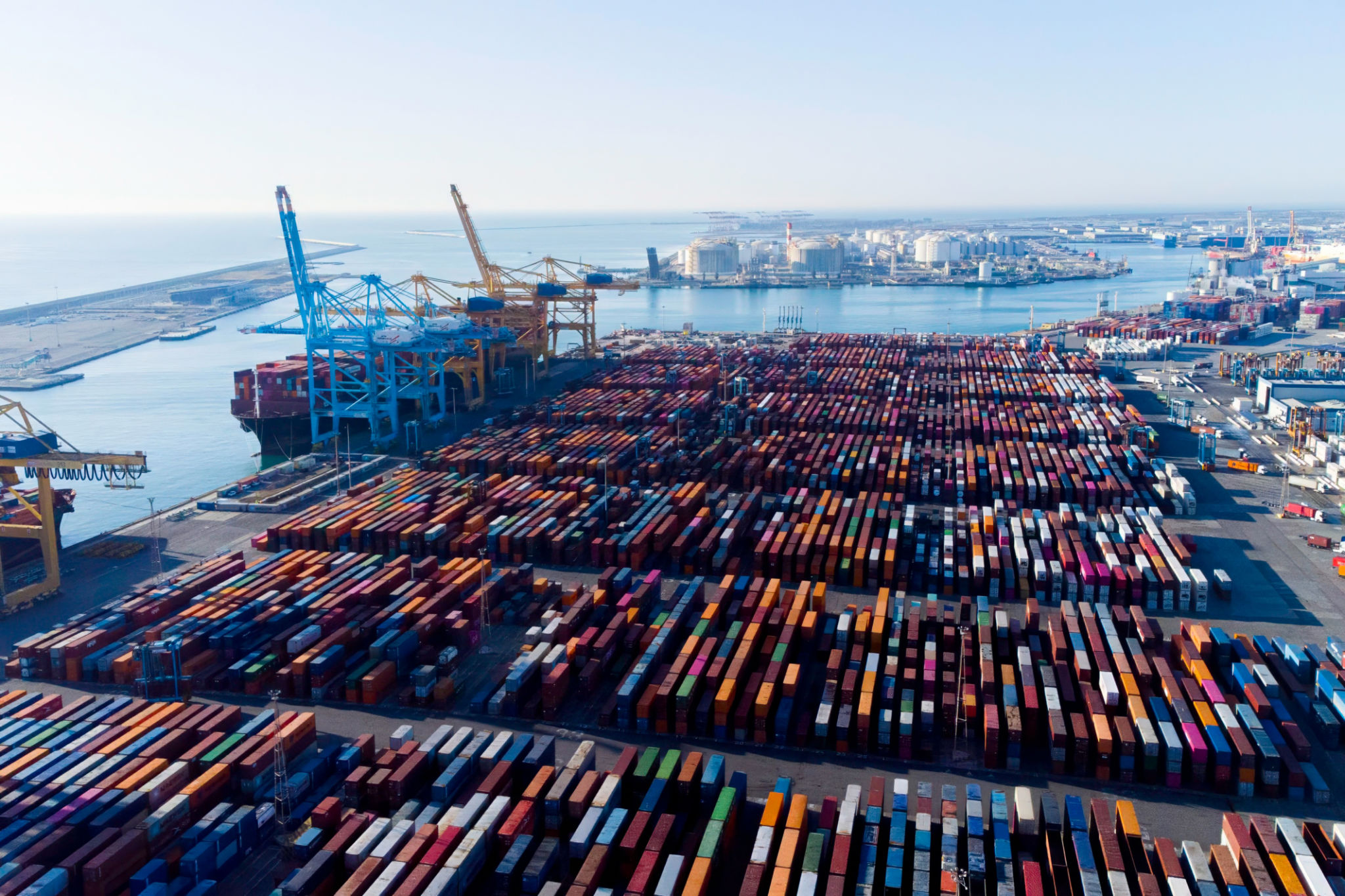The Comprehensive Guide to Freight Forwarding Services
T4
Introduction to Freight Forwarding
Freight forwarding is a crucial component of the global supply chain, facilitating the movement of goods across borders and continents. It involves the coordination and shipment of products from one location to another through a single or multiple carriers via air, sea, rail, or road. Understanding freight forwarding services can help businesses optimize their logistics processes and improve efficiency.

The Role of a Freight Forwarder
A freight forwarder acts as an intermediary between the shipper and transportation services, negotiating the best prices and routes. Their expertise in logistics ensures that goods are transported smoothly, from pick-up to delivery. They handle various tasks, including documentation, customs clearance, insurance, and inventory management.
Key Services Offered by Freight Forwarders
Freight forwarding companies offer a range of services tailored to meet the specific needs of their clients. Some of the key services include:
- Documentation: Preparing all necessary paperwork for shipping, including bills of lading, commercial invoices, and export licenses.
- Customs Brokerage: Ensuring compliance with customs regulations and facilitating the clearance of goods.
- Insurance: Offering coverage options to protect shipments against potential risks.
- Inventory Management: Managing warehousing solutions to optimize storage and distribution.

Choosing the Right Freight Forwarder
Selecting the right freight forwarder is essential for successful shipping operations. Consider factors such as experience, reputation, range of services, and global network coverage. A reliable freight forwarder should have a proven track record and the ability to handle different types of shipments efficiently.
Experience and Expertise
An experienced freight forwarder understands the complexities of international shipping and can navigate challenges effectively. Their expertise can help streamline processes and provide valuable insights into cost-saving opportunities.

Technological Capabilities
Modern freight forwarders leverage technology to enhance their services. Look for companies that offer digital tracking systems, online booking platforms, and automated notifications. These tools provide real-time updates and improve communication throughout the shipping process.
The Future of Freight Forwarding
The freight forwarding industry is evolving rapidly with advancements in technology and changing consumer demands. Automation, artificial intelligence, and blockchain are shaping the future of logistics, offering greater transparency and efficiency. Staying informed about these trends can help businesses remain competitive in the global market.
In conclusion, understanding freight forwarding services is vital for any business involved in international trade. By selecting the right partner and leveraging their expertise, companies can ensure seamless transportation of goods while minimizing costs and risks.
